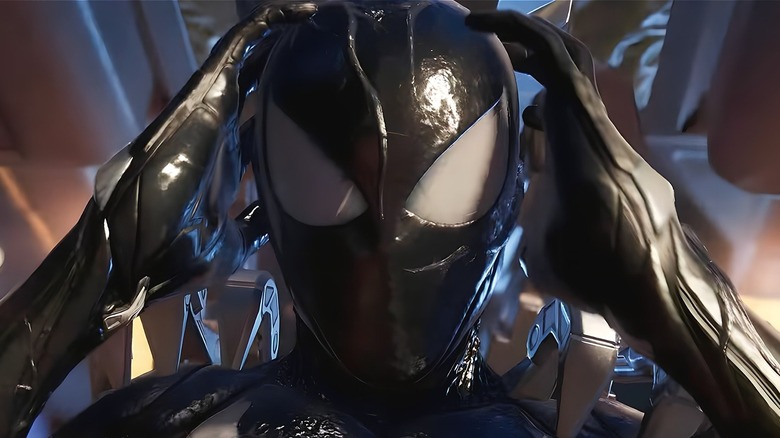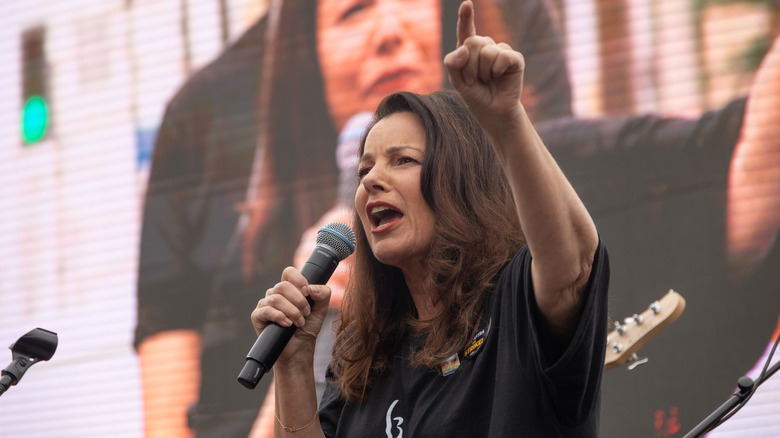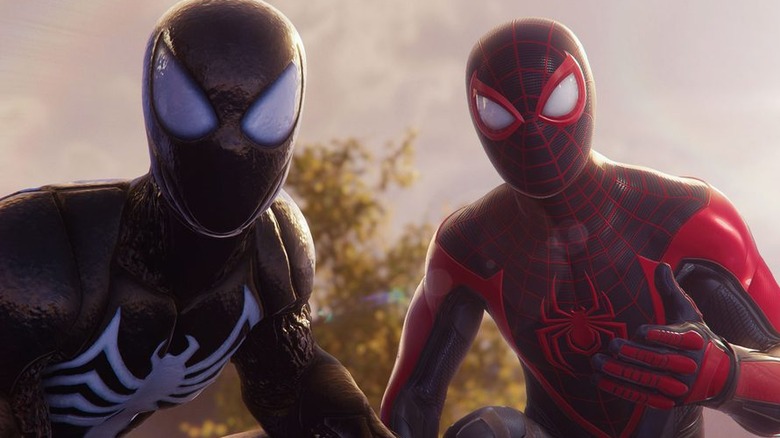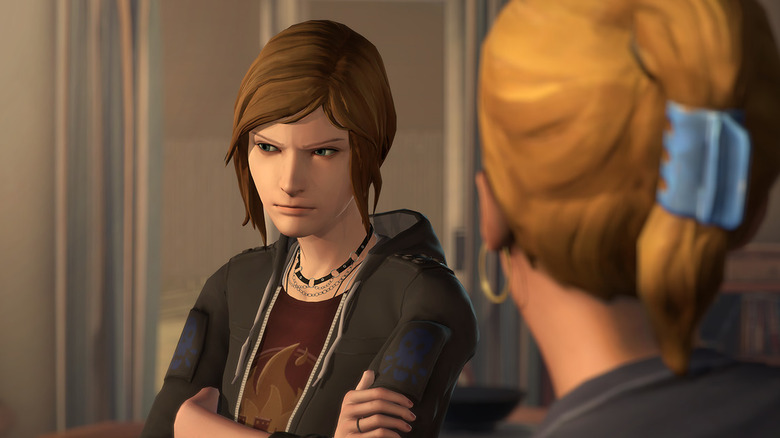Video Game Actors Are About To Strike
For the last few months, the the Screen Actors Guild – American Federation of Television and Radio Artists (a.k.a. SAG-AFTRA) has been on strike. The hope of these actors — similar to the concurrent WGA strike — is to open up a dialogue with major Hollywood companies about better wages and clearer regulation of AI-produced content, among other stipulations. Although the WGA strike appears to be coming to a close, the SAG-AFTRA strike continues unabated, essentially putting the kibosh on any major Hollywood productions for the time being — and it looks like video game voice actors will soon be joining the picket line.
On Monday night, members of SAG-AFTRA voted overwhelmingly in favor of a strike authorization for its members employed in the video game industry. Out of 34,687 ballots, 98.32% are ready to hit the streets and demand better working conditions.
"Between the exploitative uses of AI and lagging wages, those who work in video games are facing many of the same issues as those who work in film and television," explained SAG-AFTRA's Chief Contracts Officer, Ray Rodriguez. "This strike authorization makes an emphatic statement that we must reach an agreement that will fairly compensate these talented performers, provide common-sense safety measures, and allow them to work with dignity." Read on for more information on SAG-AFTRA's new strike authorization.
What is a strike authorization?
Now, it should be noted that this vote does not mean that unionized video game are 100 percent going to strike. Instead, it acts as a sign that these performers mean business, much like back in 2016, when the last video game actors' strike occurred. The purpose of this vote is to act as a bargaining tool, letting the companies involved know that these actors will strike if negotiations do not go well. SAG-AFTRA will again meet with representatives from the video game industry on September 26 through 28, after which the strike may be officially underway.
In a statement posted to the guild's official website, SAG-AFTRA President Fran Drescher said, "It's time for the video game companies to stop playing games and get serious about reaching an agreement on this contract... the time is now for these companies — which are making billions of dollars and paying their CEOs lavishly — to give our performers an agreement that keeps performing in video games as a viable career."
Which companies are named in the strike authorization?
In the event of a full strike, a number of major gaming companies' upcoming projects will be impacted. Given how long video game production cycles tend to last these days, the effects of the strike probably wouldn't be immediately apparent. However, it's worth noting that a number of major Hollywood releases have been delayed due to the other talent strikes happening this year, so it would not be out of the realm of possibilities for video games to follow suit.
The following companies have been named in the strike authorization press release: "Activision Productions Inc, Blindlight LLC, Disney Character Voices Inc., Electronic Arts Productions Inc., Formosa Interactive LLC, Insomniac Games Inc., Epic Games, Take 2 Productions Inc., VoiceWorks Productions Inc., and WB Games Inc." According to the union, SAG-AFTRA has been actively negotiating with these companies for just under a year, but they have been unable to come to agreements on significant sticking points "including wages that keep up with inflation, protections around exploitative uses of artificial intelligence, and basic safety precautions."
Thus far, eesponses to SAG-AFTRA's vote have largely been positive on social media, with streamers and writers in particular standing in solidarity with the union. On X, formerly known as Twitter, "Marvel's Spider-Man 2" and "iZombie" writer Rob Forman posted, "So proud of @sagaftra members for continuing to stand up and demand a fair contract, not just in legacy/traditional media, but in interactive media like video games." Additionally, some content creators are already vowing not to stream any struck content until the negotiations have concluded.
What happened during the last video game actors' strike?
Back in 2014, SAG-AFTRA entered negotiations with multiple video game companies to reach new agreements on pay, safety precautions preventing unnecessary vocal damage, and a new level of transparency when it comes to accepting new roles. One of the major sticking points at this time was that video game actors are not paid residuals in the same way that many other performers have negotiated. In other words, an actor could be in the best-selling game of the year, but only be paid for their recording sessions. SAG-AFTRA also hoped that companies could provide actors with more details about their characters when signing new contracts, which would allow them to better negotiate rates and decide if they wanted to take a particular role.
Negotiations continued into 2016, but eventually fell through, leading to a strike that lasted a staggering 340 days — the longest actors' strike in history. During that time, the affected video game companies remained mostly silent on which specific productions had been impacted, although some games — including "Life Is Strange: Before the Storm" — ended up recasting roles or scrapping content when the actors involved refused to participate. When the strike finally ended in 2017, SAG-AFTRA agreed to a three-year contract that addressed some (but not all) of the guild's issues. Although video game actors still are not paid residuals, a new bonus system was rolled out that scales to a game's sales figures.
It remains to be seen how long this strike could last, if SAG-AFTRA does indeed go forward with it. Gamers will simply have to wait and see how the next round of negotiations pan out.




